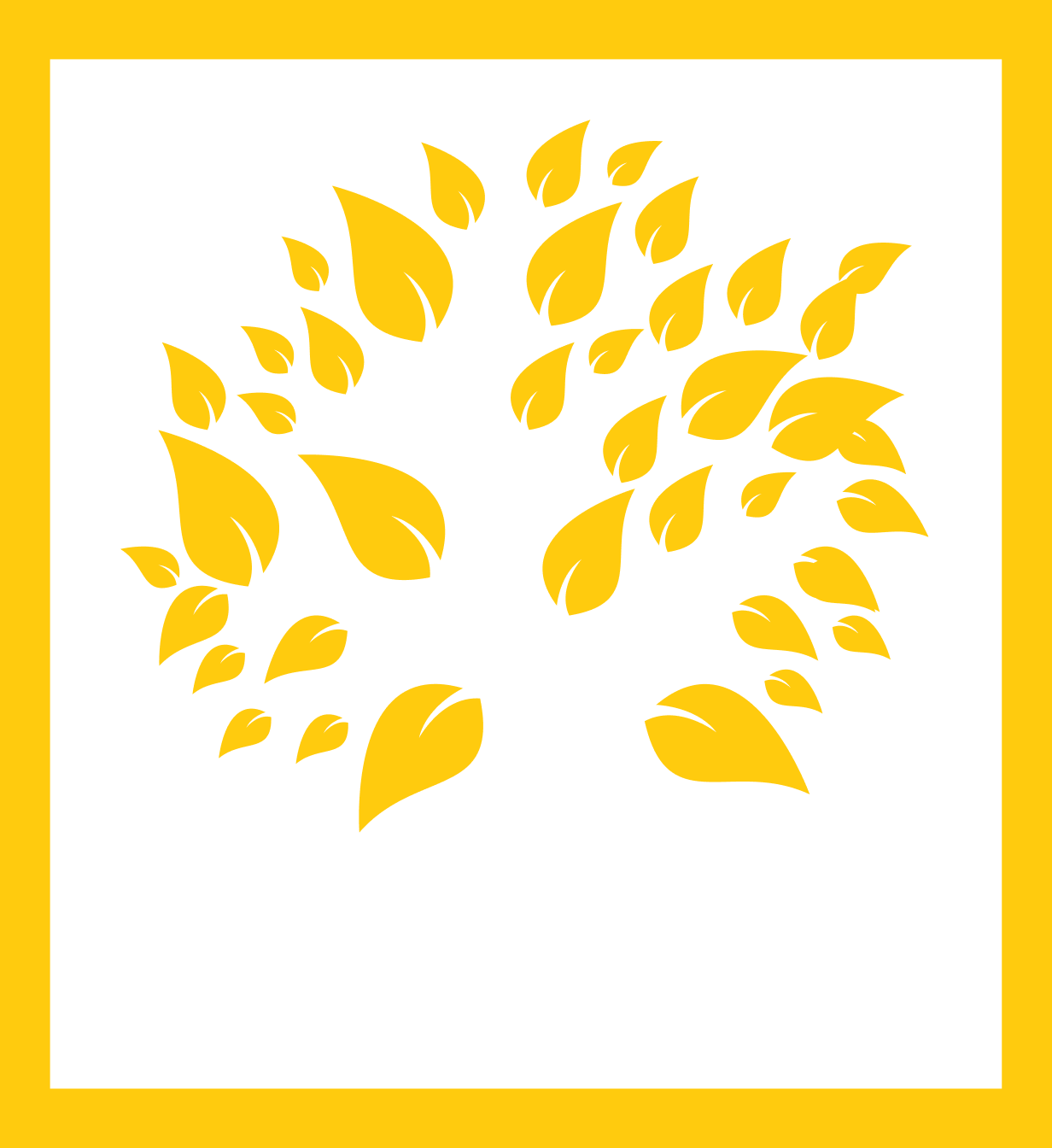FOCUS AREA - EDUCATION

Early Childhood Education (ECE)
Early childhood care and education is imperative to the development of children and to the success of their future education. A child starts learning at birth and during the early years he/she learns fundamental skills which affect learning and behaviour in later years at school, and in life in general. Although, the area of early childhood education has been recognized in Pakistan, much remains to be done in order to provide children an environment in their early years which enables them to develop into creative individuals, with the desire to explore and learn.
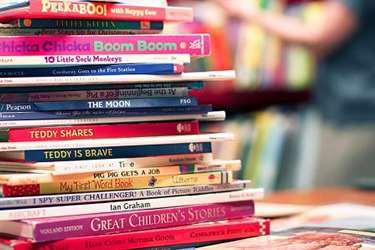
Curriculum
Pakistan’s curriculum is outdated. After the 18th Amendment to Pakistan’s constitution, the responsibility of planning and designing the curriculum was handed over to the provinces, however, for all practical purposes, the provinces are still following the federal curriculum guidelines. One of the biggest deficiencies of curriculum development and the writing of textbooks in Pakistan is very little or no involvement of teachers in the process.
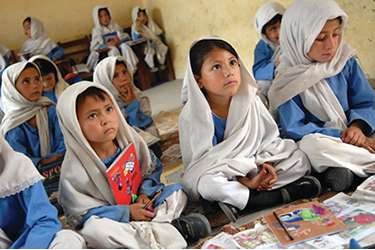
Girls’ Education
Educating girls is crucial to the economic growth of a country. Female illiteracy in Pakistan is among the highest in the world. There is a great need in Pakistan to enroll greater numbers of girls in schools and to ensure that they do not drop out before completing their basic education. Only 68% of 15-23 year-old girls can read and write, compared with 83% of boys the same age (UNESCO Institute for Statistics, 2016). Girls make up just 42% of secondary school students, and only one in 10 will complete their secondary education (UNESCO Institute for Statistics, 2016).

Early Childhood Education (ECE)
Early childhood care and education is imperative to the development of children and to the success of their future education. A child starts learning at birth and during the early years he/she learns fundamental skills which affect learning and behavior in later years at school, and in life in general. Although, the area of early childhood education has been recognized in Pakistan, much remains to be done in order to provide children an environment in their early years which enables them to develop into creative individuals, with the desire to explore and learn.
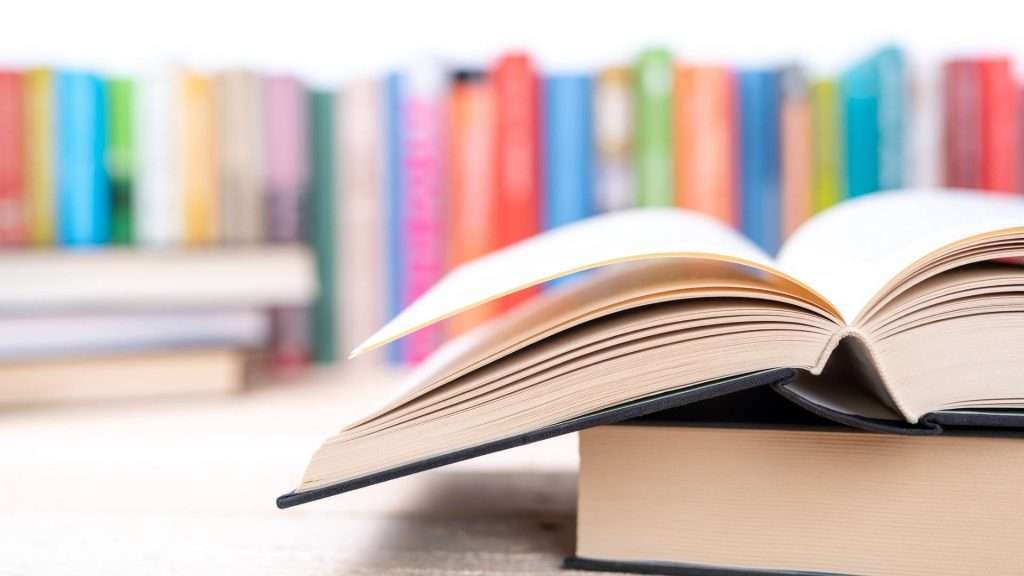
Curriculum
The curriculum of Pakistan is deemed to be outdated. Following the implementation of the 18th Amendment to the Constitution of Pakistan, the provinces were entrusted with the responsibility of formulating and developing the curriculum. Notwithstanding, in terms of practicality, the provinces continue to adhere to the curriculum guidelines set forth by the federal government. A significant shortcoming in the realm of curriculum development and textbook composition in Pakistan is the limited or negligible participation of educators and teachers.
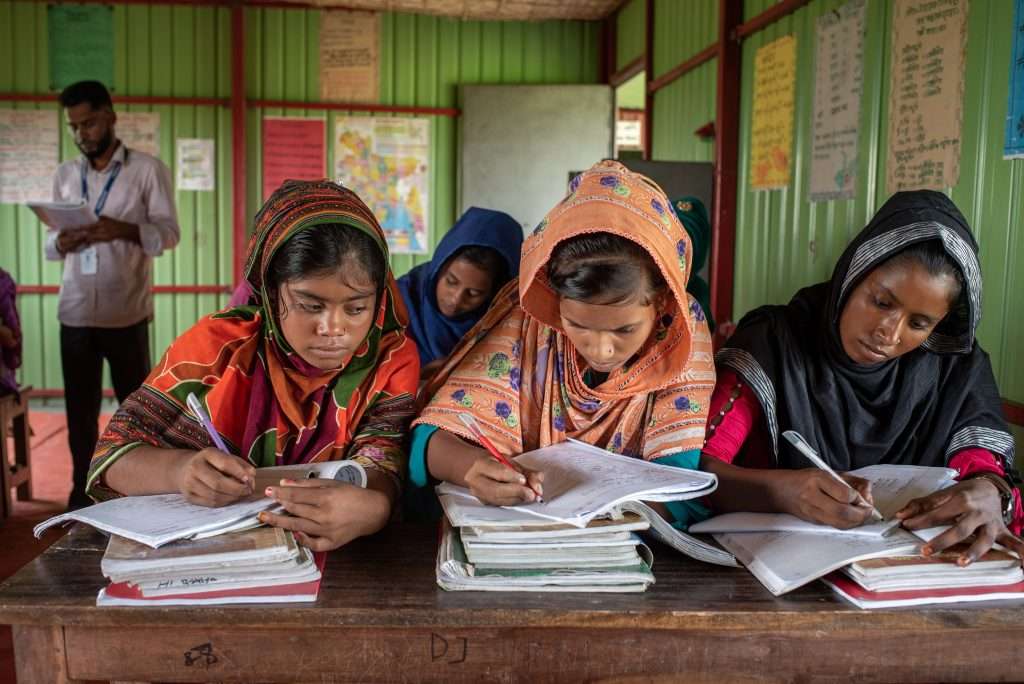
Girls' Education
Educating girls is crucial to the economic growth of a country. Pakistan ranks high in female illiteracy. There is a great need in Pakistan to enroll greater numbers of girls in schools and to ensure that they do not drop out before completing their primary education. Only 68% of 15–23-year-old girls can read and write, compared with 83% of boys the same age (UNESCO Institute for Statistics, 2016). According to UNESCO Institute for Statistics (2016), girls comprise just 42% of secondary school students, and only one in 10 will complete their secondary education.
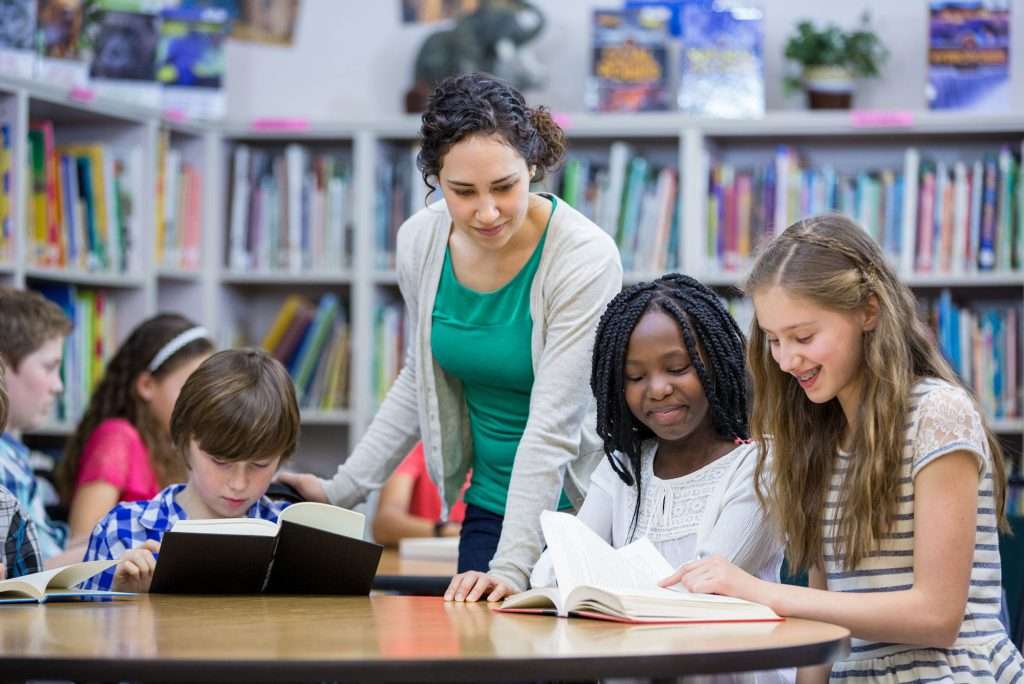
Inclusive Education
Inclusive education refers to the practice of providing educational opportunities to all students, including those who have been marginalized or excluded, in the same learning environment as their non-marginalized peers. The implementation of inclusive education necessitates modifications to the curriculum, teaching and learning strategies, and the dynamics of peer interactions between students with and without disabilities. The present programs and strategies aimed at addressing the requirements of children who are susceptible to exclusion in Pakistan are inadequate.
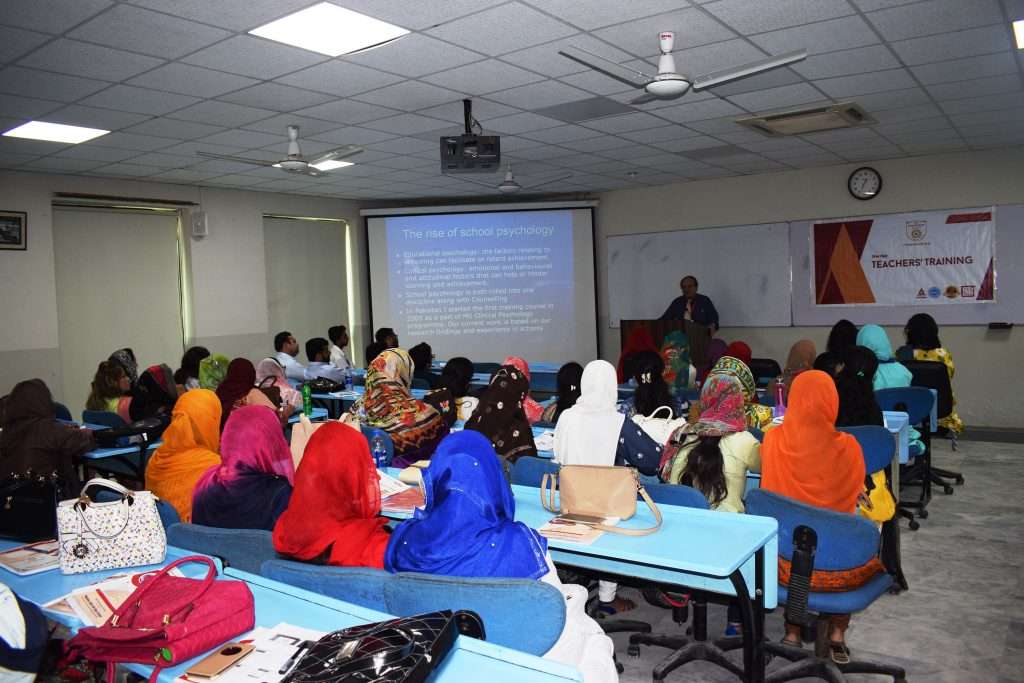
Teacher Training
Teachers are an important part of the education system, as they are the ones imparting knowledge to the students. The quality of education is intrinsically linked to the caliber of teachers who are available. In Pakistan, there is a prevalent issue of teachers being paid insufficiently and burdened with excessive workloads. Improving the quality of training to pre-service and in-service teachers is imperative to improving the quality of education in Pakistan. The curriculum and the methods of instruction in teachers’ training institutions should be reviewed and revised, to bring them in line with modern trends.
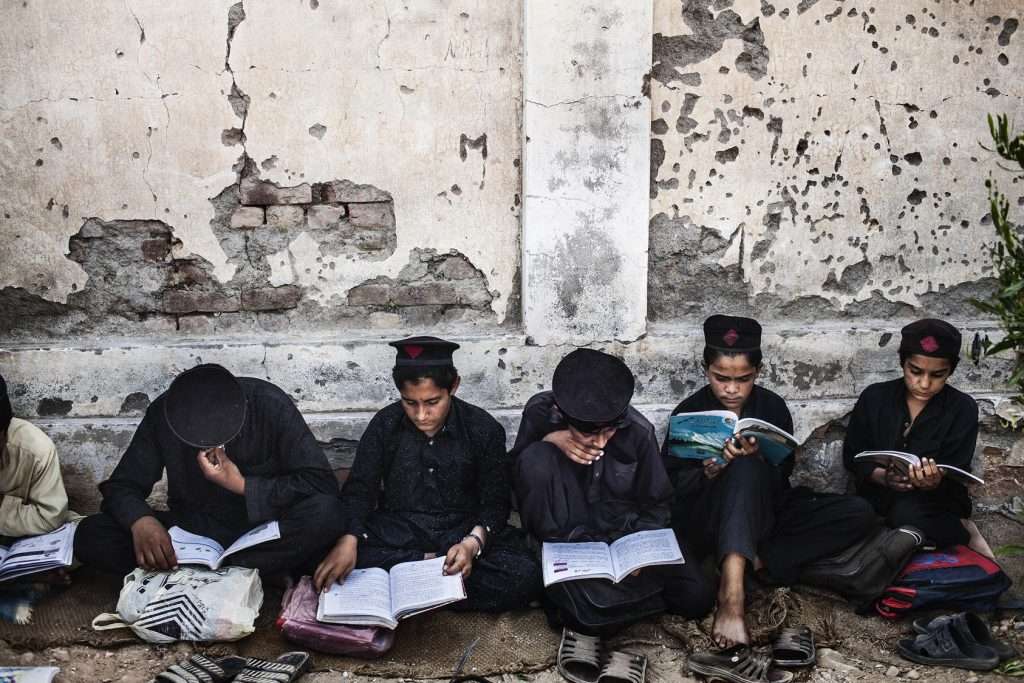
Literacy & Non-Formal Basic Education
Pakistan ranks second globally in terms of the number of children who are not enrolled in educational institutions. (UNESCO GEMR, 2012). The education system in Pakistan is severely lacking in resources. The government is facing challenges in fulfilling the financial obligations stipulated in the Right to Education Act. The adult literacy rate in Pakistan is around 58%, which is one of the lowest in the world. In this backdrop, it is necessary to build a strong non-formal system of education, as the formal system is insufficient to satisfy the educational needs of all.
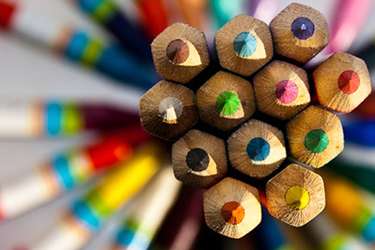
Inclusive Education
The idea of inclusive education is enabling all students, including previously excluded groups, to get education alongside the regular students. It requires changes in the curriculum, the methods of teaching and learning, as well as the interaction between students with and without special needs. The current programs and strategies regarding the needs of children vulnerable to exclusion in Pakistan are insufficient. This is an area which is in need of proper recognition and improvement.
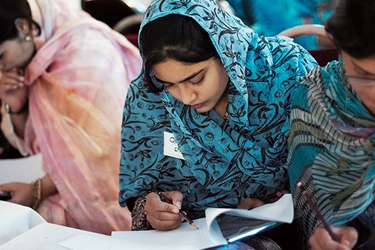
Teachers
Teachers are an important part of the education system, as they are the ones imparting knowledge to the students. The quality of education is directly dependent on the quality of teachers available. In Pakistan, teachers are notoriously underpaid and overworked. Improving the quality of training to pre-service and in-service teachers is imperative to improving the quality of education in Pakistan. The curriculum and the methods of instruction in teachers’ training institutions should be reviewed and revised, to bring them in line with modern trends.
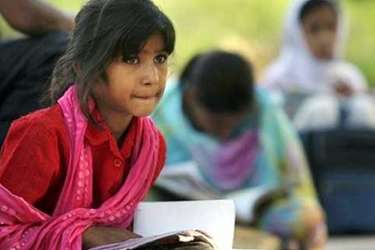
Literacy & Non-Formal Basic Education
Pakistan has the second highest number of children out of school in the world (UNESCO GEMR, 2012). The education system in Pakistan is critically under-resourced. The government is unable to meet the financial commitments made in the Right to Education Act. The adult literacy rate in Pakistan is around 58%, which is one of the lowest in the world. In this backdrop, it is necessary to build a strong non-formal system of education which complements the formal system.

Constitution of Pakistan
The Constitution of Pakistan has incorporated provisions about the right to free & compulsory education in multiple Articles. Article 25A of the constitution highlights the fundamental right to education. The state must ensure that all children between the ages of five and sixteen receive free and compulsory education, as determined by law. Pakistan has officially endorsed the Universal Declaration on Human Rights (UDHR). Article 26 (1) of the UDHR recognizes that everyone has the right to education. Primary education must be accessible. Nevertheless, ratified international agreements in Pakistan do not have the force of law and must be implemented through legislative means.
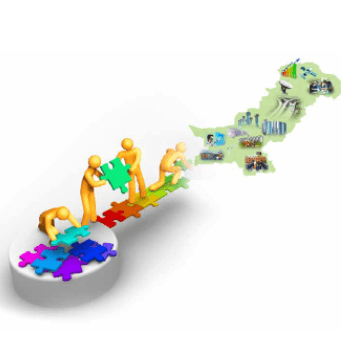
Pakistan Vision 2025
Pakistan Vision 2025 aims to expand education levels and improve education quality substantially. A significant goal of Pakistan Vision 2025 is to raise the primary school enrollment and completion rate to 100% and the literacy rate to 90% by focusing on improving access to and the quality of Primary Education. Furthermore, it includes bringing the primary and secondary gender parity index to 1 and doubling the percentage of women in the labor force from 24% to 45%. To create a knowledge-based economy, the plan asks for a significant increase in public spending on higher education from 0.2% to 1.4% of GDP and a substantial increase in enrollment from 1.5 million to 5 million.
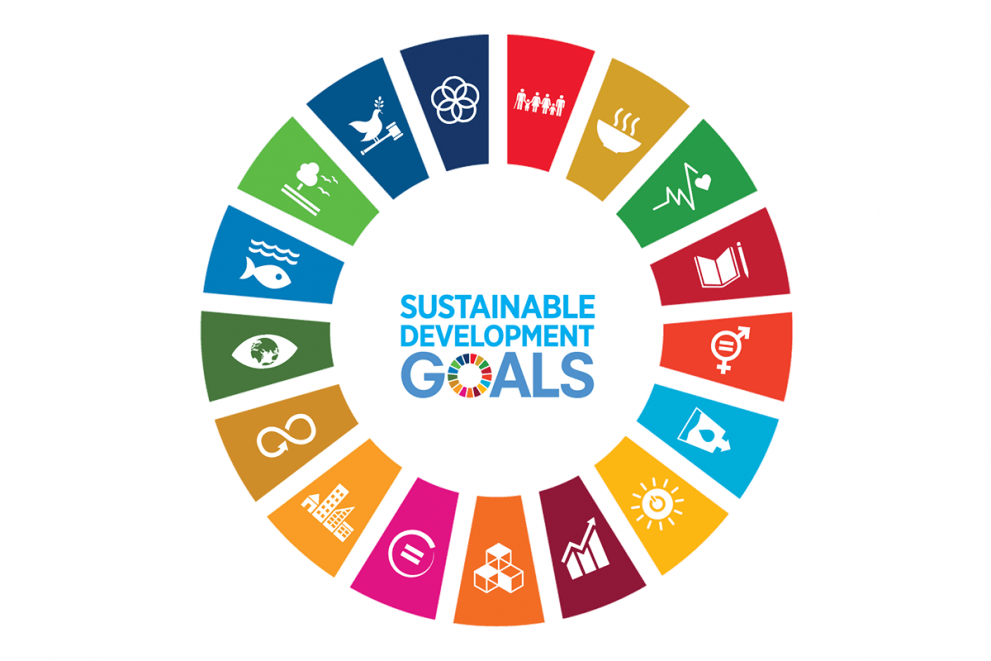
Sustainable Development Goals 2030
Sustainable Development Goal 4 (SDG 4) is about quality education. SDG4 seeks “inclusive and equitable quality education and to promote lifelong learning opportunities for all.” SDG 4 has ten education-related goals. Seven of these goals describe the expected results, while the remaining three explain the way to achieve them. The ten goals include Universal Primary & Secondary Education, Early Childhood Development and Universal Pre-primary Education, Equal Access to Technical/Vocational and Higher Education, Relevant Skills for Decent Work, Gender Equality and Inclusion, Universal Youth Literacy, Education for Sustainable Development, Global Citizenship, Effective learning environments, Scholarships, and Teachers & Educators.

Constitution of Pakistan

Pakistan Vision 2025
Pakistan Vision 2025 aims to expand education levels and improve education quality substantially. A significant goal of Pakistan Vision 2025 is to raise the primary school enrollment and completion rate to 100% and the literacy rate to 90% by focusing on improving access to and the quality of Primary Education. Furthermore, it includes bringing the primary and secondary gender parity index to 1 and doubling the percentage of women in the labor force from 24% to 45%. To create a knowledge-based economy, the plan asks for a significant increase in public spending on higher education from 0.2% to 1.4% of GDP and a substantial increase in enrollment from 1.5 million to 5 million.

Sustainable Development Goals 2030
Sustainable Development Goal 4 (SDG 4) is about quality education. SDG4 seeks “inclusive and equitable quality education and to promote lifelong learning opportunities for all.” SDG 4 has ten education-related goals. Seven of these goals describe the expected results, while the remaining three explain the way to achieve them. The ten goals include Universal Primary & Secondary Education, Early Childhood Development and Universal Pre-primary Education, Equal Access to Technical/Vocational and Higher Education, Relevant Skills for Decent Work, Gender Equality and Inclusion, Universal Youth Literacy, Education for Sustainable Development, Global Citizenship, Effective learning environments, Scholarships, and Teachers & Educators.
